Games
Game - Race Across the Continents
Help this team of adventurers race their way across the continents by practicing your geography skills, learning about the natural world and honing your human geography knowledge.

Geography skills
Mapping the world
Discover that from space, the Earth looks like a ball.

Understanding latitude and longitude
To help locate where a place is in the world, people use imaginary lines called latitude and longitude.
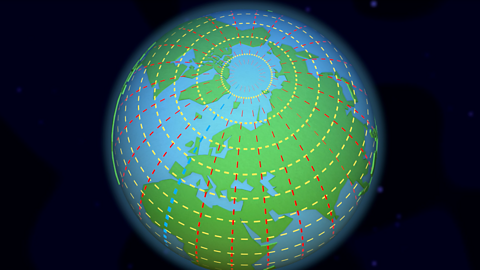
Understanding time zones
Did you know that when it's daytime in the UK, it's night-time in Australia?
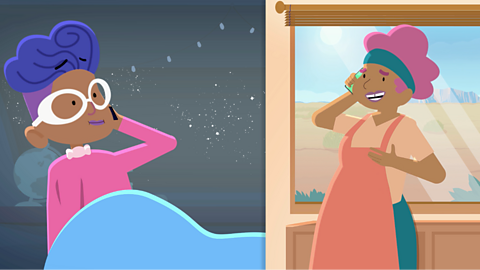
What is a map used for?
A map is a two-dimensional drawing of an area which helps plan routes.
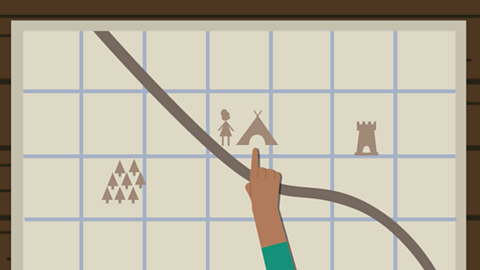
Understanding contours, keys and symbols
Ever wondered what all those funny drawings and curved lines are on a map?
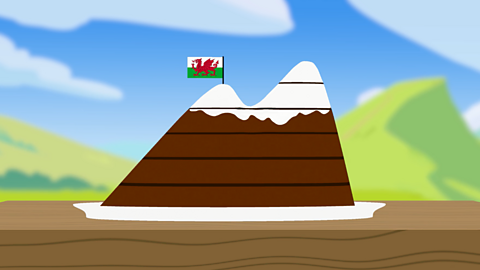
How do we map the world?
Find out how we map the world and discover that from space, the Earth looks like a ball.

What are latitude and longitude?
Discover how people use imaginary lines called latitude and longitude to help locate where a place is in the world.

What are time zones?
Discover that when it's daytime in the UK, it's night-time in Australia.
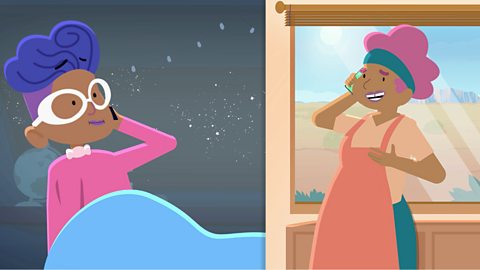
What is a map?
Learn how a map is a two-dimensional drawing of an area which helps plan routes.

How to read contours, keys and symbols
Find out how to read a map using contours, keys and symbols.
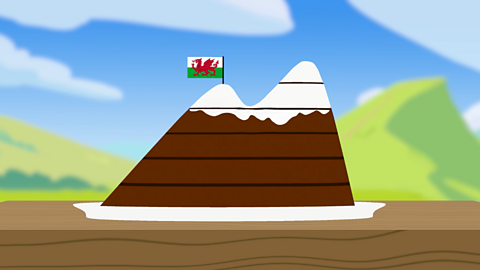
The 7 continents
The geography of Europe
Find out where the continent of Europe is located.
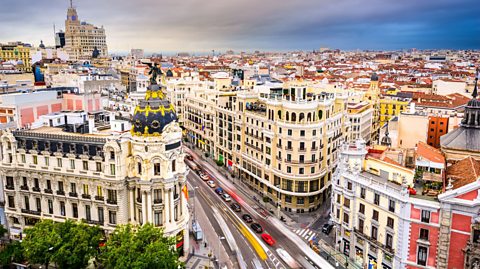
The geography of North America
Find out where the continent of North America is located.
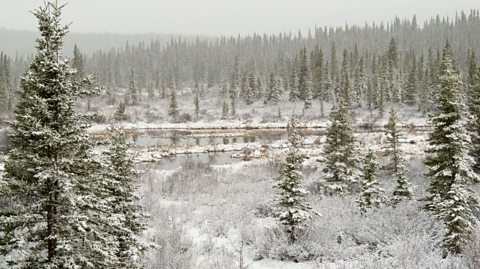
The geography of South America
Find out where the continent of South America is located.
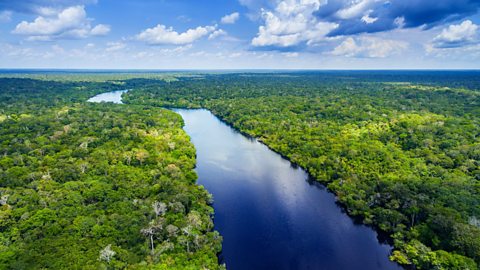
The geography of Asia
Find out where the continent of Asia is located.
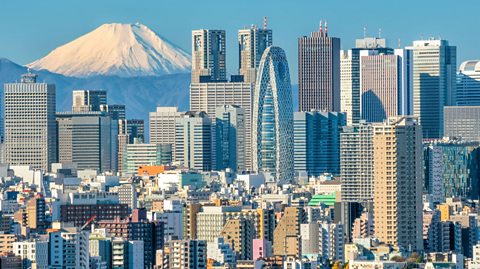
The geography of Africa
Find out where the continent of Africa is located.
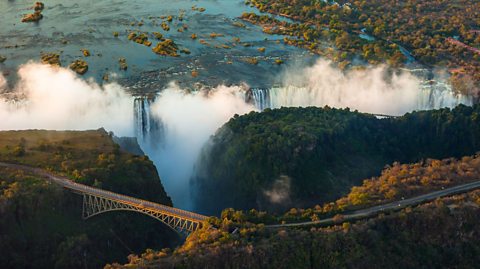
The geography of Oceania
Find out where the continent of Oceania is located.
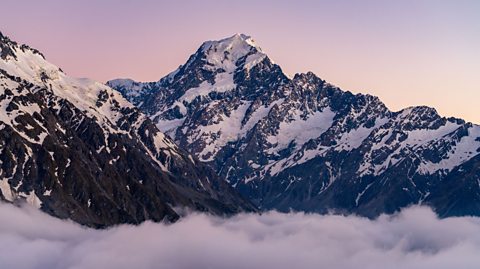
The geography of Antarctica
Discover more about the continent of Antarctica and its location.
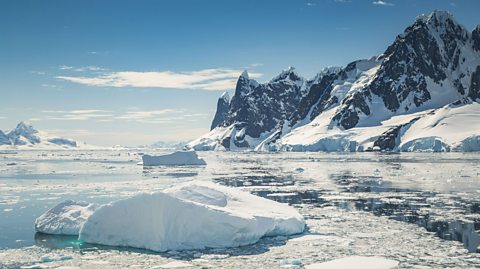
Where is Europe?
Find out more about the continent of Europe.
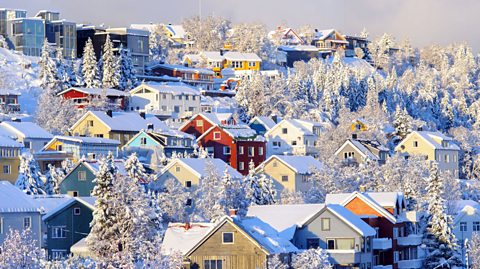
Where is North America?
Find out more about the continent of North America.
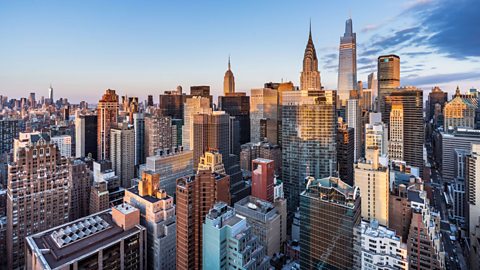
Where is South America?
Find out more about the continent of South America.
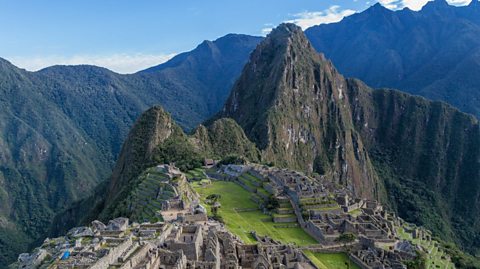
Where is Asia?
Find out more about the continent of Asia.
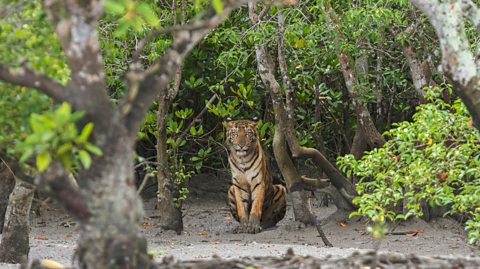
Where is Africa?
Find out more about the continent of Africa.
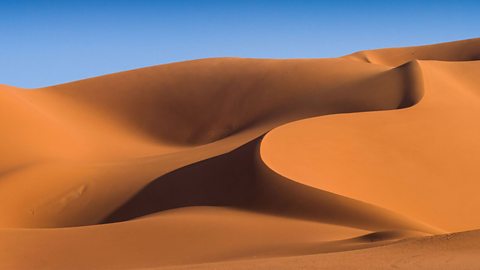
Where is Oceania?
Find out more about the continent of Oceania.
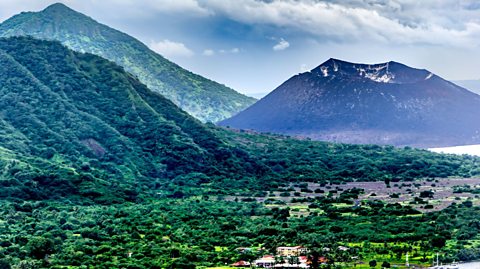
Where is Antarctica?
Discover more about the continent of Antarctica.
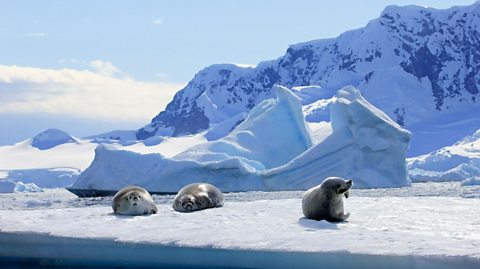
Geography of the UK
Coasts of the UK
Learn about the different coasts of the UK and discover how they are changed by nature and humans.

Tallest mountains in the UK
Learn how different mountains are formed and discover where to find the tallest mountains in the UK.
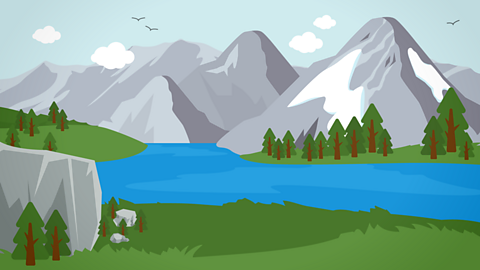
Longest rivers in the UK
Explore the different ways that people depend on rivers and learn where to find the longest rivers in the UK.
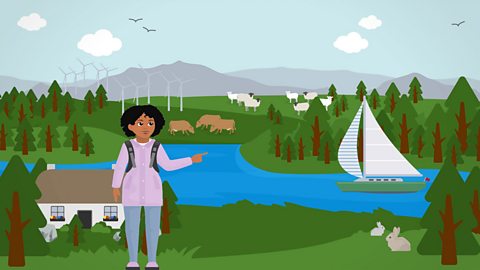
Wetlands of the UK
Discover why wetlands are important for the environment and learn about different types of wetlands like bogs, swamps and marshes.
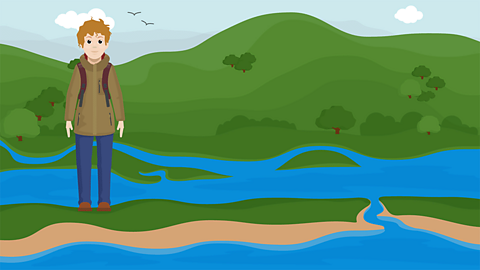
Lakes of the UK
Discover how reservoirs are formed and learn about the different ways that humans can use lakes in the UK.
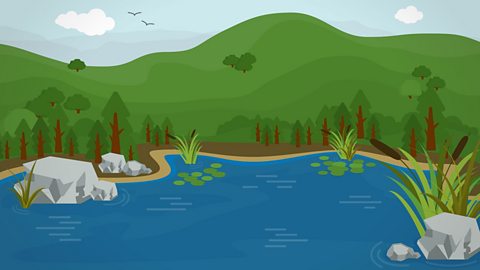
Weather and climate in the UK
Discover the difference between climate and weather and learn how human activity impacts the UK climate.
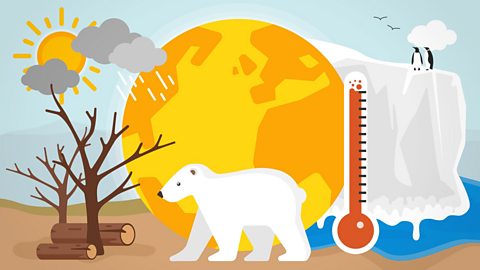
Countryside of the UK
Discover how tourism can change rural areas and learn about the different ways the UK's countryside is used.
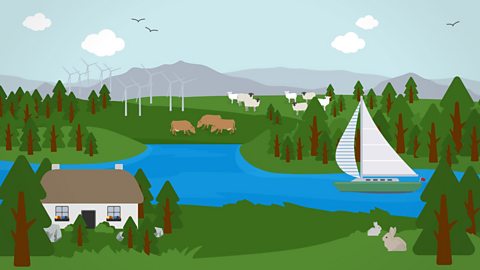
Cities of the UK
Learn what attracts people to different cities in the UK and discover what makes a city, a city.
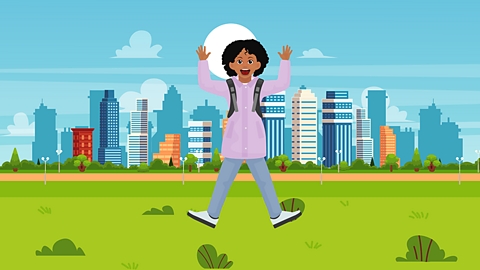
Living in the UK
Discover how location can affect the way people live and learn about the difference between living in urban, suburban and rural areas.
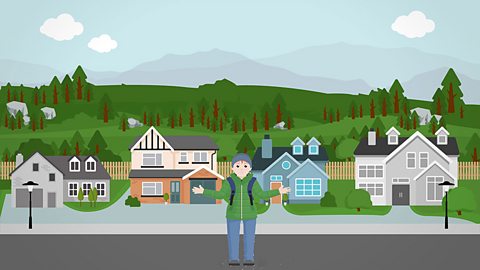
People at work in the UK
Learn how people work in the UK and explore how the location of some people can affect the work they do.
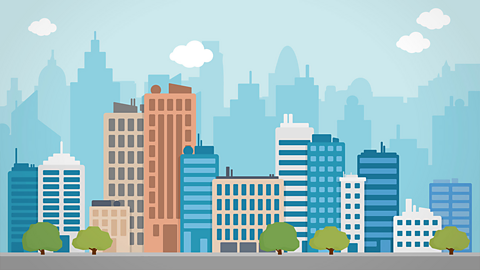
Transport in the UK
Explore the different types of transport and learn how transport networks have developed in the UK.
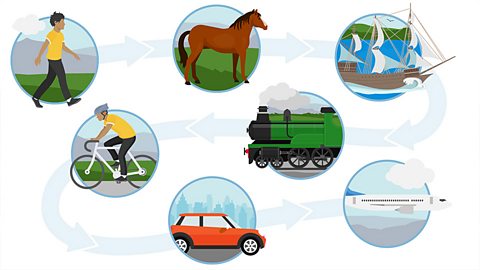
Tourism in the UK
Discover why people leave their homes to travel to destinations and explore the coasts, landscapes and cities that make the UK a tourist destination.
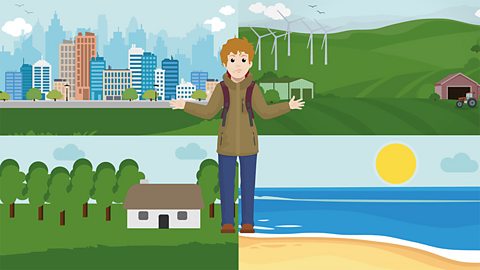
Food and farming in the UK
Learn about the different types of farming in the UK and discover how location can affect the type of food that farmers produce.
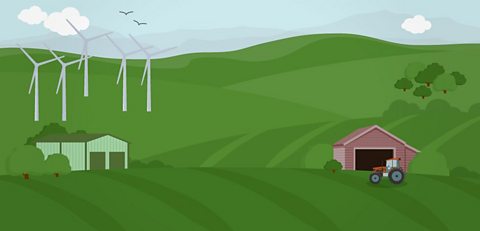
National Parks in the UK
Learn how the UK's first National Parks were created and discover where to find National Parks in the UK.
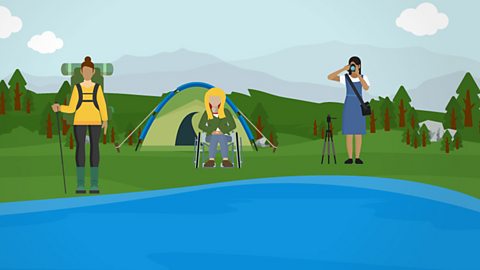
Energy in the UK
Learn about the different forms of energy and discover why some natural resources are limited and others are renewable.
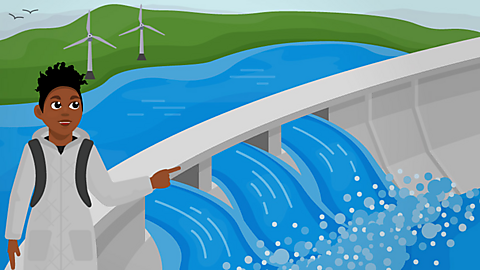
Environment and the UK
Learn about climate change and explore the impact of pollution on the environment, including on plants and animals.
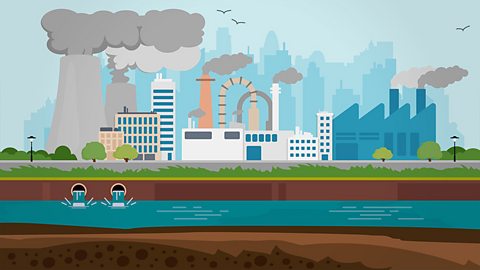
Exploring the UK's coasts
Learn more about the processes that form the UK's coasts and discover how the coastline is changed by nature and people.
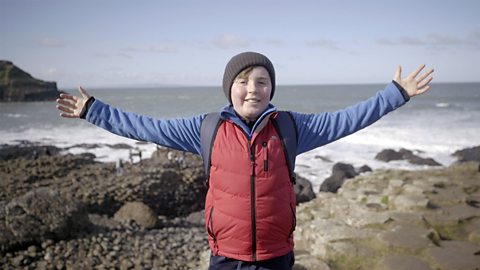
Discovering the UK's tallest mountains
Learn about the different features of a mountain and discover where to find the tallest mountains in the UK.
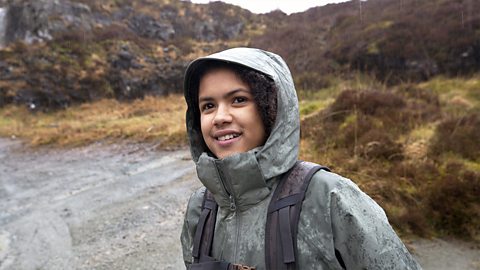
Exploring the UK's longest rivers
Discover where to find the longest rivers in the UK and explore the different ways that rivers provide people with transport, leisure and electricity.
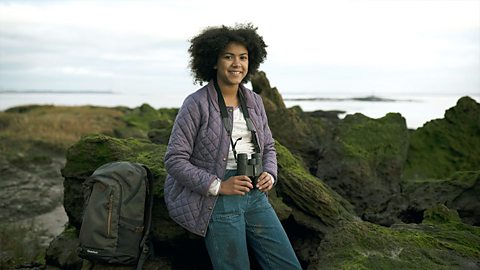
Exploring the UK's wetlands
Discover why wetlands are important for the environment and learn about the wildlife that lives in the UK's bogs, swamps and marshes.
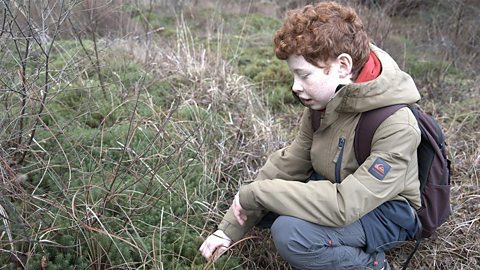
Exploring the UK's lakes
Discover how some lakes were created by glaciers and learn about the different plants and wildlife that can be found in the UK's lakes.
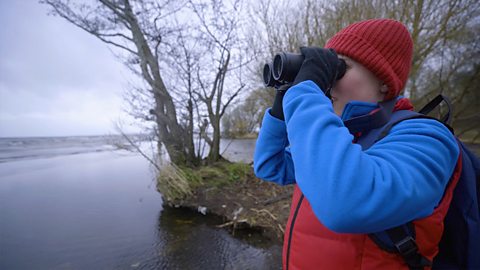
Exploring the UK's climate and weather
Discover the difference between weather and climate and learn about the effects of extreme weather in the UK.
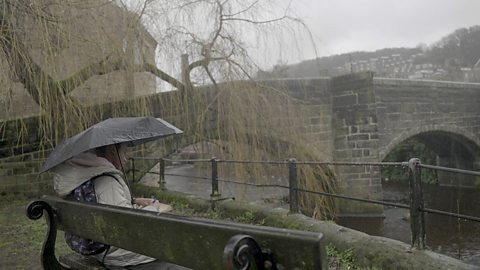
Exploring the UK's countryside
Discover how tourism impacts rural areas and learn how the UK's countryside is used for farming, holiday destinations and nature.
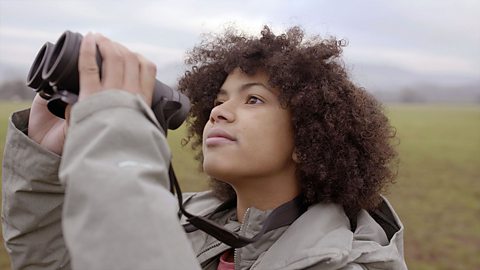
Exploring the UK's cities
Find out how some key UK cities have developed and discover the difference between cities and towns in the UK.
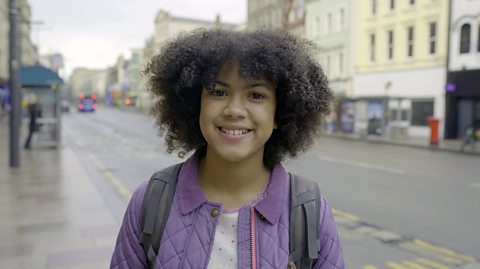
Exploring how people live in the UK
Learn more about the different ways of living in the UK and explore island, rural, suburban and urban life.
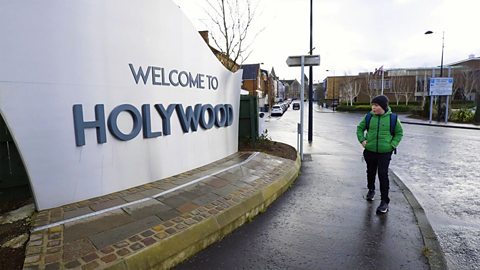
Exploring how people work in the UK
Learn about the types of jobs available in the UK and explore how the location of some people can affect the work they do.
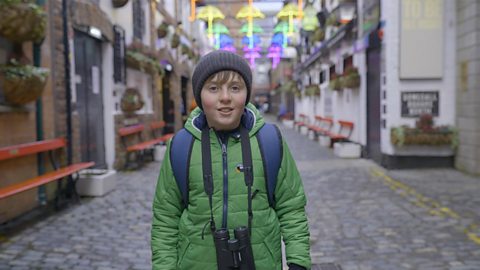
Investigating transport in the UK
Learn about the advantages and disadvantages of using different types of transport and learn how transport has changed over time in the UK.
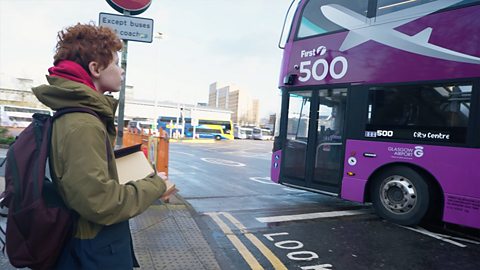
Investigating tourism in the UK
Discover the advantages and disadvantages that tourism can bring to an area and explore the coasts, landscapes and cities that make the UK a popular tourist destination.
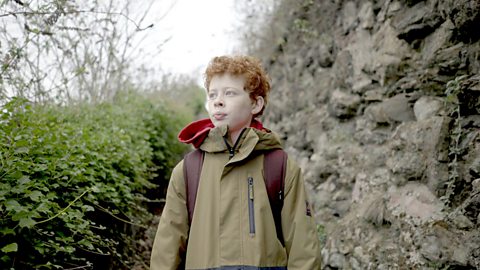
Exploring food and farming in the UK
Learn about the difference between pastoral and arable farming and discover how location can affect the type of food that farmers produce.

Exploring the UK’s National Parks
Discover how the UK's first National Parks were created and learn why these parts of the countryside are protected areas in the UK.
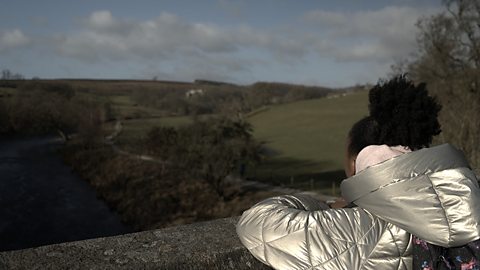
Investigating energy in the UK
Discover which natural resources are fossil fuels and why some sources of energy are limited and others are renewable.
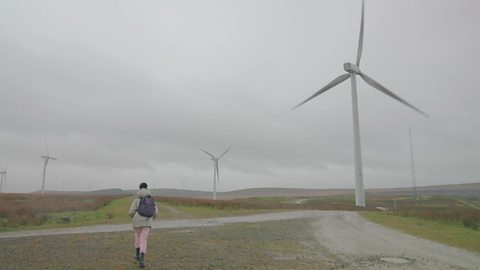
Exploring the UK’s environment
Learn how the UK is reducing its carbon emissions and explore the impact of pollution on the environment, including on plants and animals.
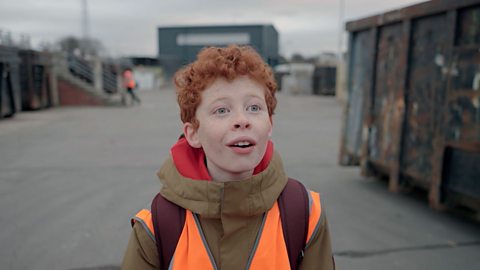
People and places
Let's explore the Lake District
The Lake District is a beautiful national park in the UK.
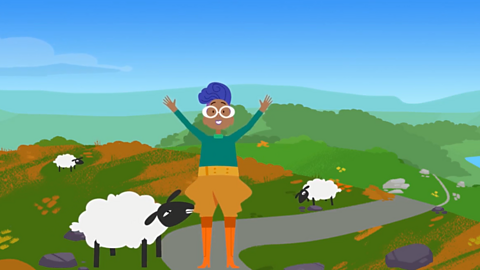
Let's explore the Alps
The Alps are a mountain range found in Europe.
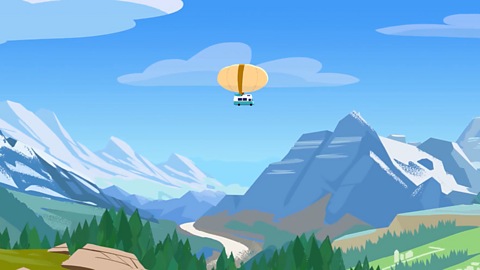
Let's explore Florida
Florida is one of 50 states in the USA.
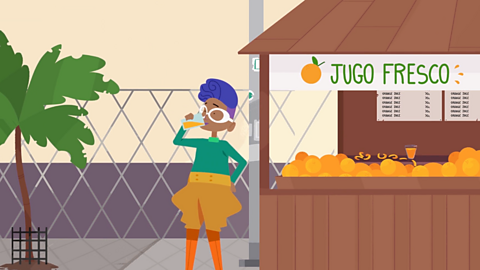
Let's explore the GalГЎpagos islands
The GalГЎpagos Islands in South America contain some of the most unusual animals on the planet.
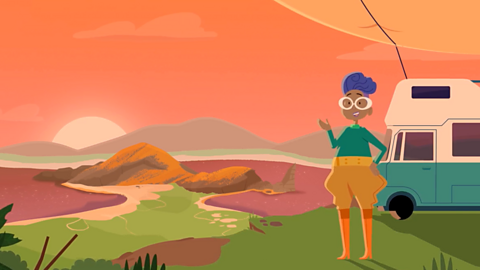
Discover the Lake District
The Lake District is a beautiful national park in the UK.

Discover the Alps
The Alps are a mountain range found in Europe.
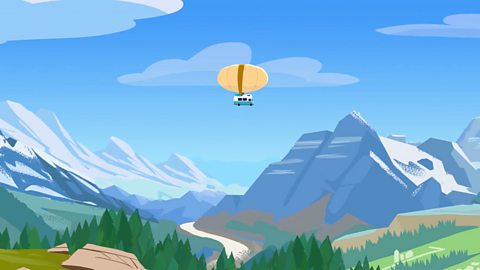
Discover Florida
Florida is one of 50 states in the USA.

Discover the GalГЎpagos Islands
The GalГЎpagos Islands in South America contain some of the most unusual animals on the planet.

The natural world
Explore weather and climate
You might think that weather and climate are the same thing, but they are actually different.
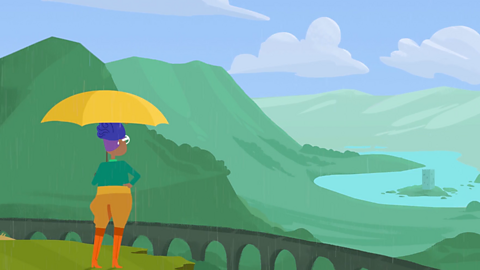
Explore biomes
Biomes are areas with a similar climate and landscape.
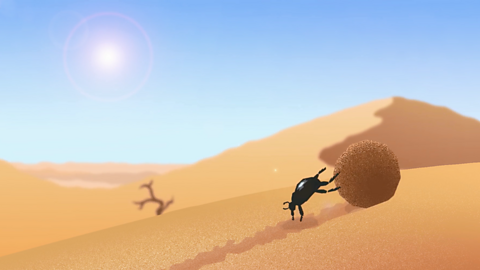
Explore mountains
Mountains are very high areas of land.
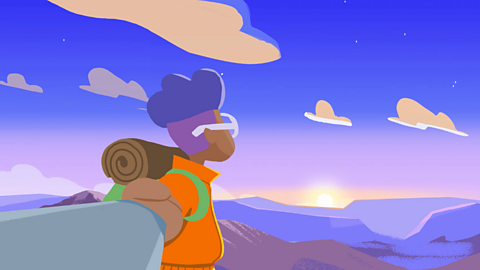
Explore volcanoes
A volcano is an opening in the Earth’s crust that allows magma, hot ash and gases to escape.
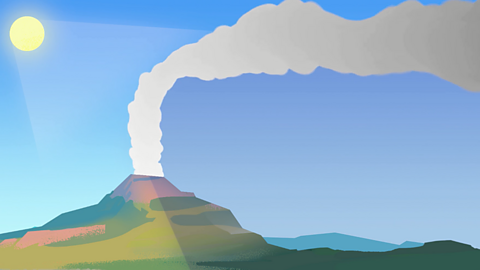
Explore earthquakes
Discover that earthquakes are caused when the Earth's crust pulls and pushes against itself.
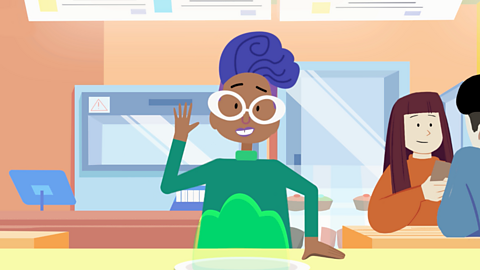
Explore oceans
Discover that oceans cover over two-thirds of the Earth's surface.
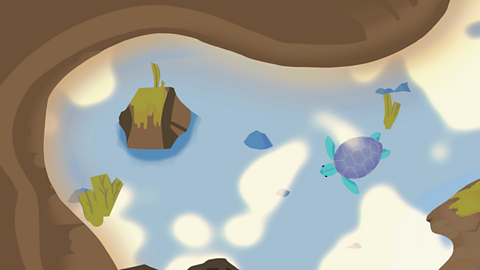
Explore rivers
Find out how rivers always flow downhill because of gravity.
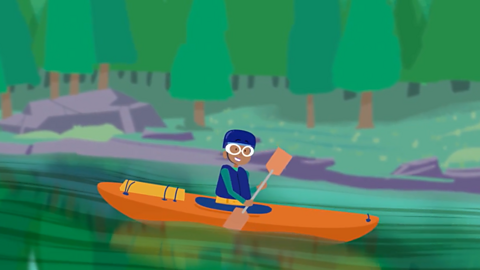
Explore the water cycle
The water cycle works by using the energy of the Sun to exchange water from oceans and lakes to the atmosphere.
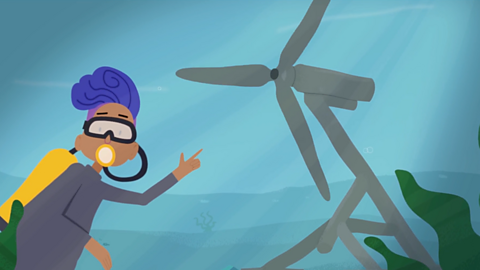
What is the difference between weather and climate?
Discover how weather and climate are different things.

What are biomes?
Discover how biomes are areas with a similar climate and landscape.

What are mountains?
Mountains are very high areas of land.
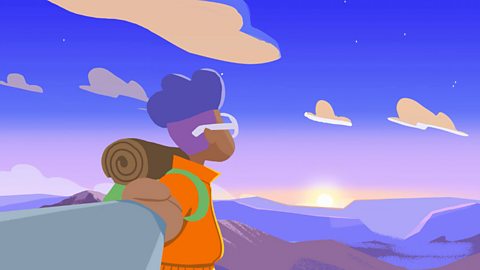
What are volcanoes?
A volcano is an opening in the Earth’s crust that allows magma, hot ash and gases to escape.

What are earthquakes?
Earthquakes are caused when the Earth's crust pulls and pushes against itself.
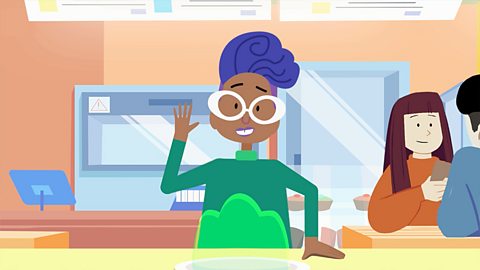
What are the five oceans of the world?
Discover that oceans cover over two-thirds of the Earth's surface.

What are rivers?
Find out that rivers always flow downhill because of gravity.

What is the water cycle?
Learn more about the water cycle.

Human geography
Explore settlements
Settlements are places where people live and sometimes work. There are many different types of settlement.

Explore trade
Discover how buying and selling things is called trade.
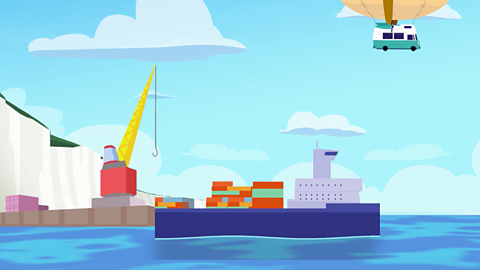
Explore the economy
Find out how economic activity looks at how prices rise and fall.
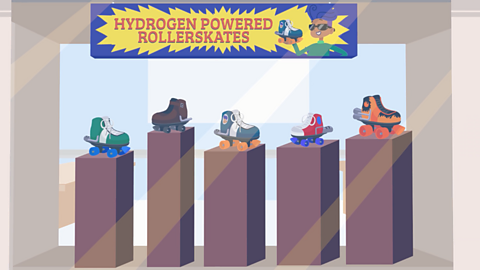
What are settlements?
Settlements are places where people live and sometimes work. There are many different types of settlement.

What is trade?
Find out that buying and selling things is called trade.

What is an economy?
Economic activity looks at how prices rise and fall.

Sustainability
Explore sustainability and plastics
Sustainability and plastics looks at how we best use the resources we have.
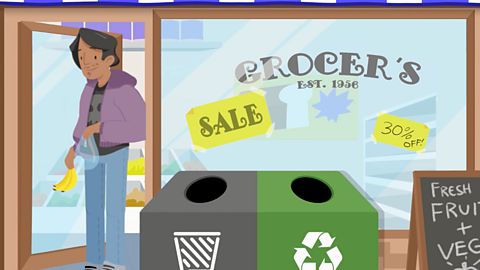
Explore natural and agricultural resources
Agricultural resources are natural resources that can be found all around us and are not man-made.
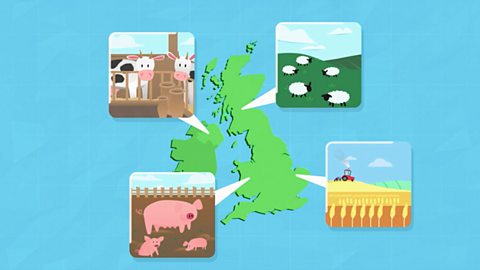
Explore geological resources
Geological resources are a type of natural resource produced by the environment.
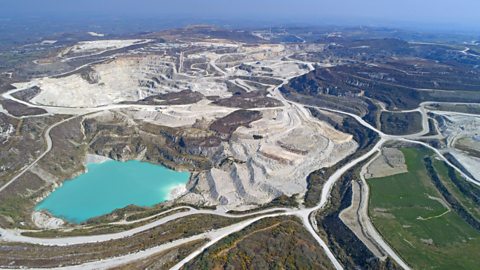
Explore fossil fuels and renewable energy
Discover that once fossil fuels are gone they cannot be replaced, so people are now using renewable energy.
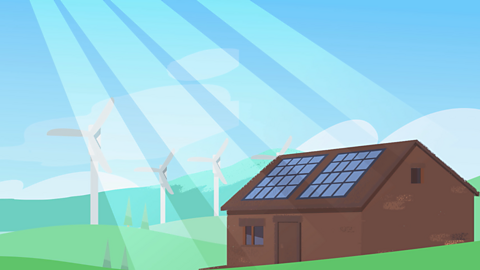
What is sustainability?
Sustainability and plastics looks at how we best use the resources we have.

What are natural and agricultural resources?
Learn more about natural and agricultural resources.

What do geological resources mean?
Learn more about geological resources.
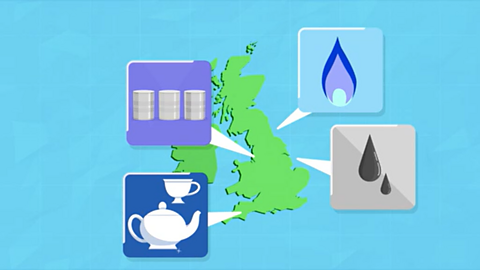
What do fossil fuels and renewable energy mean?
Discover that once fossil fuels are gone they cannot be replaced, so people are now using renewable energy.

Protecting the environment
Learn how to protect the environment with this collection.
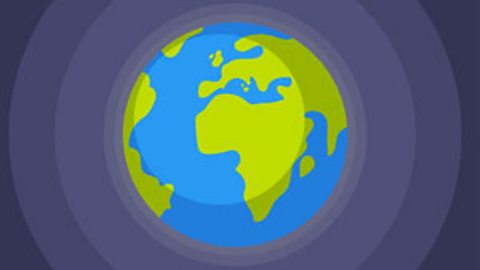
Fieldwork
How to read a map
Discover how to read maps using a compass, grid references, symbols and a key.
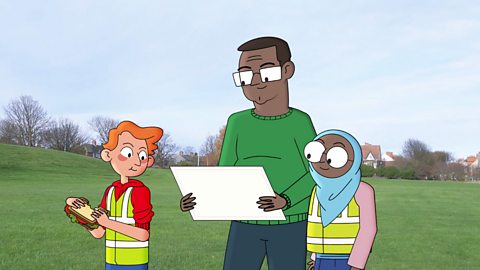
How to understand geographical fieldwork
Learn about human and physical features as well as primary and secondary sources.
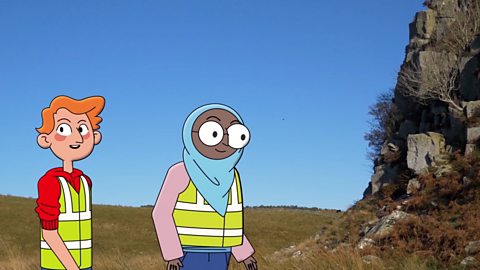
How to research a geography fieldwork investigation
Explore why quantitative and qualitative data are relevant to fieldwork research.
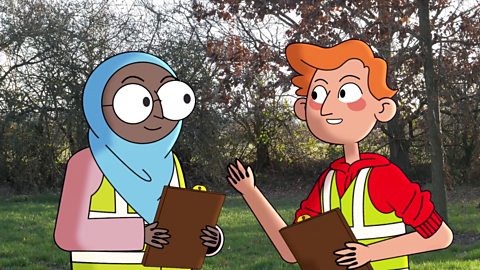
How to plan a geography fieldwork investigation
Discover how Ayesha and James work together to design and plan their investigation by thinking about their best options.
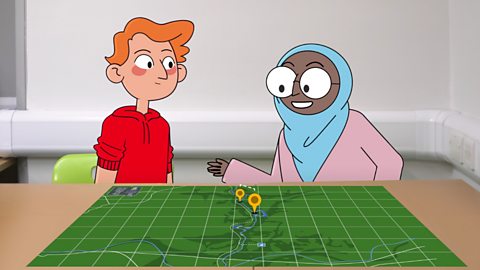
What happens in a geography fieldwork investigation?
Ayesha and James explore how they can make sure their investigation is safe and accurate by using the appropriate equipment and practices.
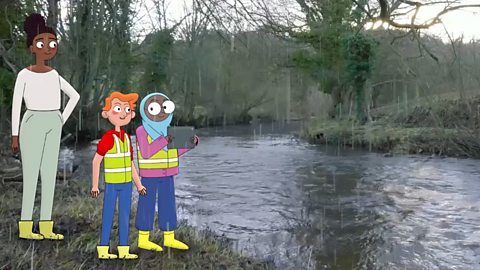
How to analyse, present and evaluate fieldwork findings
Discover how Ayesha and James review their findings and find the best way to present them to their peers. Together, they explore graphs, maps and presentation skills.

How do you read a map?
Discover how to read maps using a compass, grid references, symbols and a key.

What is geographical fieldwork?
Learn about human and physical features as well as primary and secondary sources.

How do you research a fieldwork investigation?
Explore why quantitative and qualitative data are relevant to fieldwork research.

How do you plan a fieldwork investigation?
Discover how Ayesha and James work together to design and plan their investigation.

How do you carry out a fieldwork investigation?
Ayesha and James explore how they can make sure their investigation safe and accurate.

How do you analyse, present and evaluate your findings?
Discover how Ayesha and James review their findings and find the best way to present them to their peers.

Links
- External linkExternal link
- SubscriptionSubscription
- External linkExternal link
- SubscriptionSubscription